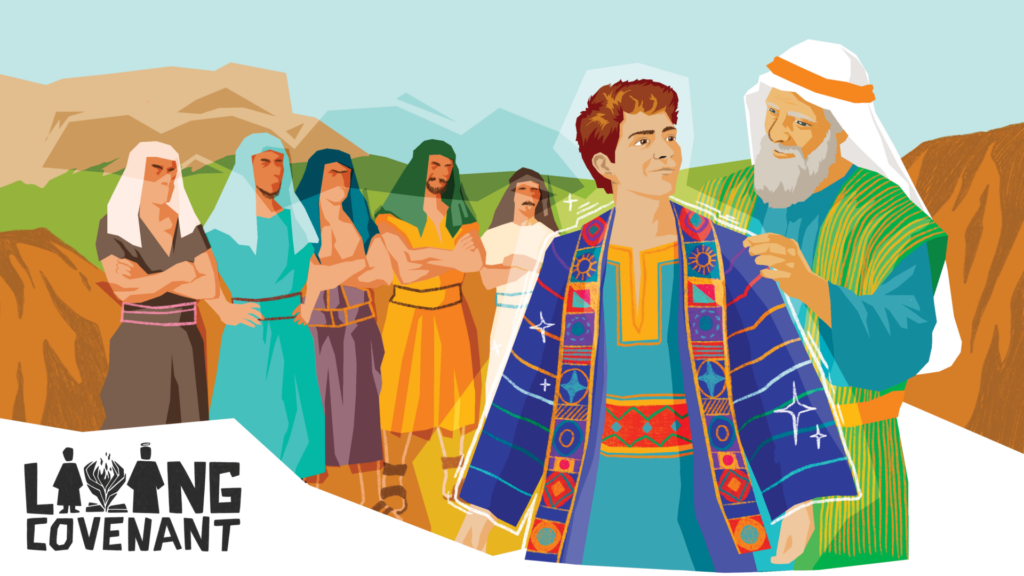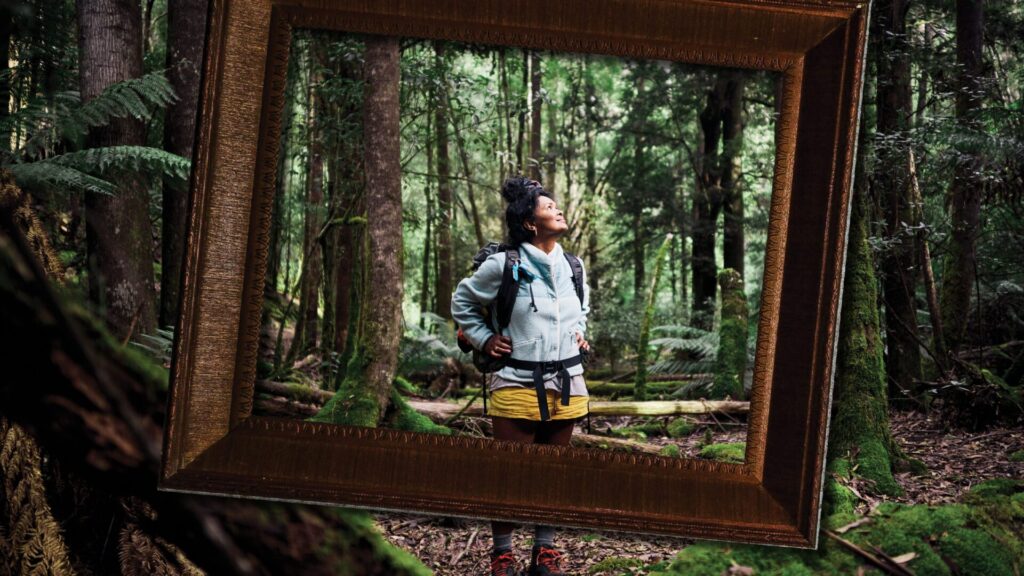Seven years ago, I went on a trip with my youth group. I was living in Michigan (USA) at the time and we were driving down to the state of Georgia, where a town had welcomed thousands of refugees from Myanmar. The community needed some help with some kids’ programs, handling donations and building repairs. We were a small group, self-dubbed “The Great 8”, but we enthusiastically piled into the van and began the long trek down to the deep south.
I was especially excited because of conversations our group had been having with our youth pastor prior to leaving. He told us that he was sure, if we started praying for a person now, by the end of the trip we would know who we had been praying for. I was 17, passionate and fresh-faced, eager to see the fruits of my prayers.
We traversed through the Smoky mountains, camping and making memories. The stars in the mountain skies were amazing—finding a scorpion in our tent, not so much. We grew together as a group, eager for what was to come.
We arrived in the small town in Georgia, where the refugees had been housed in old army barracks. The barracks were run down and in desperate need of repairs. The yards where the children played were unmowed, the long grass strewn with rubbish hiding potentially dangerous snakes or broken glass. Several rooms were packed with donations no-one had time to sort. We met children, hovering at the edges, cautious and wary at first but eventually drawn in by the games and crafts we had prepared, even helping us throughout the day as we worked.
One of my friends really connected with a little girl who told my friend the details of her heartbreaking story. Another friend broke through the ice of a young boy who acted tough but really was longing for someone to care. I had interactions with many, some which made me cry, others laugh, but throughout it all I was constantly wondering who I was praying for so hard.
As the days went past and the other Great 8s began to be sure they had found “their person”, I began to feel more and more desperate. Others had admitted they hadn’t even prayed. Why couldn’t I find my person?
And then I got the flu. For a couple of days I was barely functioning, and then suddenly we were leaving. It didn’t feel right to leave. I felt heartsick at the situation of the people we’d met, discouraged because I didn’t find my person and felt that God had let me down, and guilty that I should want to have a faith-experience when it should really be about the people we were serving.
While I had made phenomenal memories on this trip with my friends and experienced new things, I was disappointed for a long time with the mission aspect, feeling like I lacked that moment where I knew God had led. But I’ve learned that God isn’t always about moments, but long-term. And long-term means you don’t always see the outcome.
My youth pastor put a condition on God—it’s taken me a few years to realise now that it doesn’t work like that. My expectations caused me to feel inadequate and focus on myself when I should have been focusing on others.
Did the Great 8s make a difference as a group? I think so. Did I make a difference personally? I don’t know. On this earth, I’ll never know. But I guess that’s part of what it means to trust God—through disappointments, through the moments that don’t make sense, to know that He has a long-term plan.
Ashley Jankiewicz is an assistant editor for Adventist Record.






